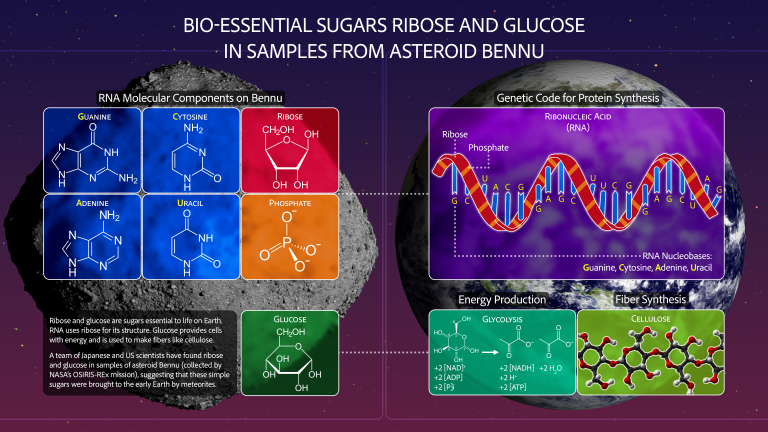
The asteroid Bennu continues to provide new clues to scientists’ biggest questions about the formation of the early solar system and the origins of life.
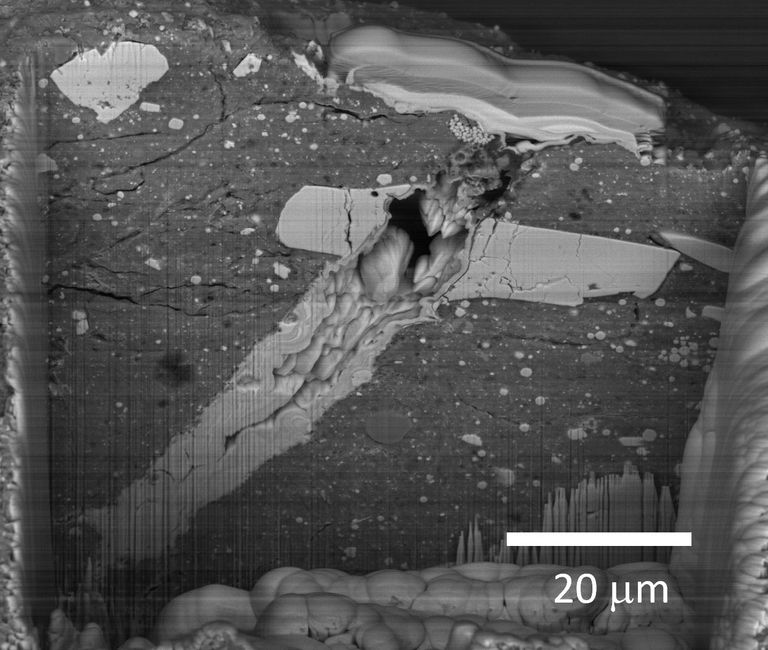
Asteroid Bennu, sampled by NASA’s OSIRIS-REx mission in 2020, is a mixture of dust that formed in our solar system, organic matter from interstellar space, and pre-solar system stardust.
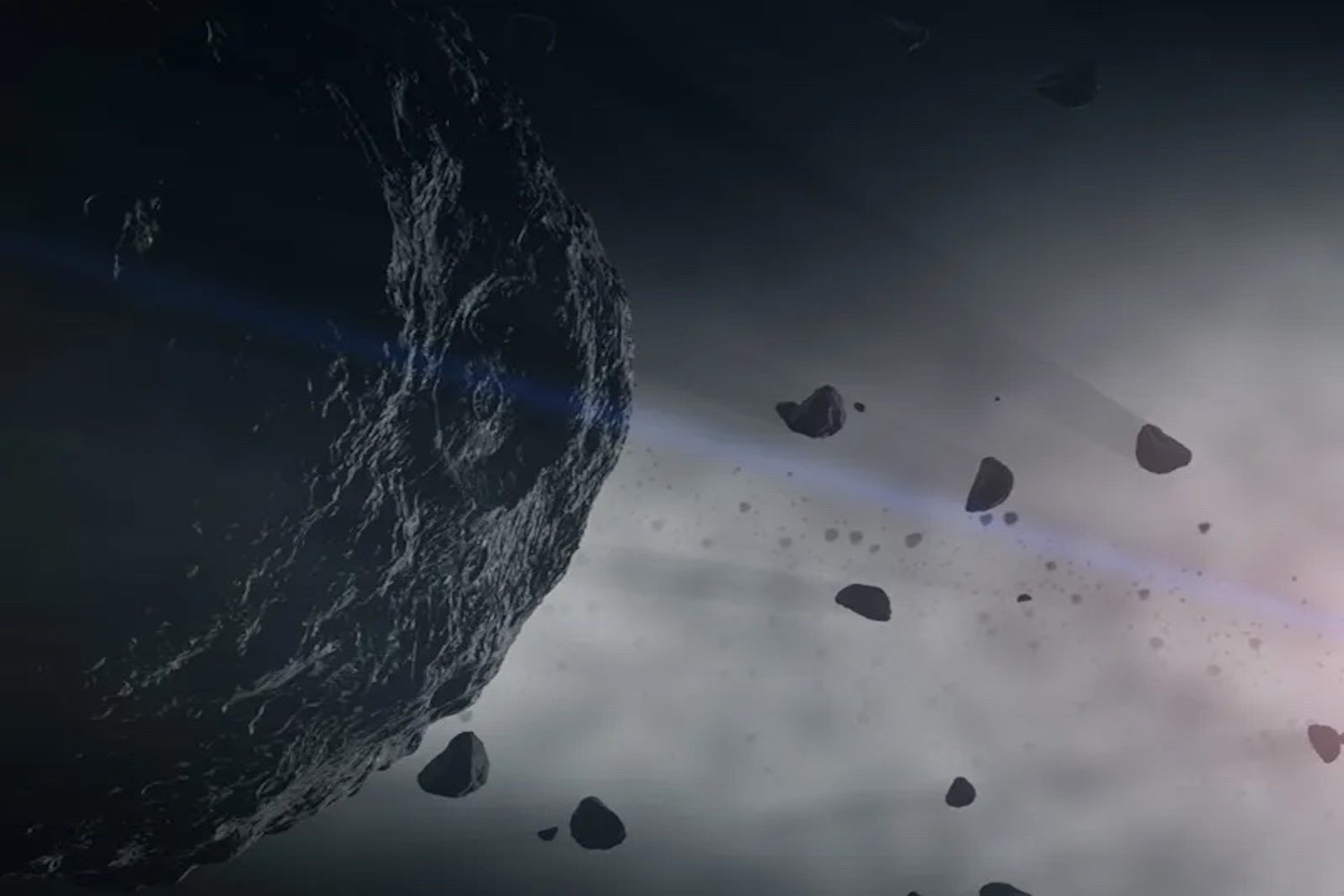
Bennu has a 1-in-2,700 chance of colliding with Earth in 2182, causing a global winter and drought.
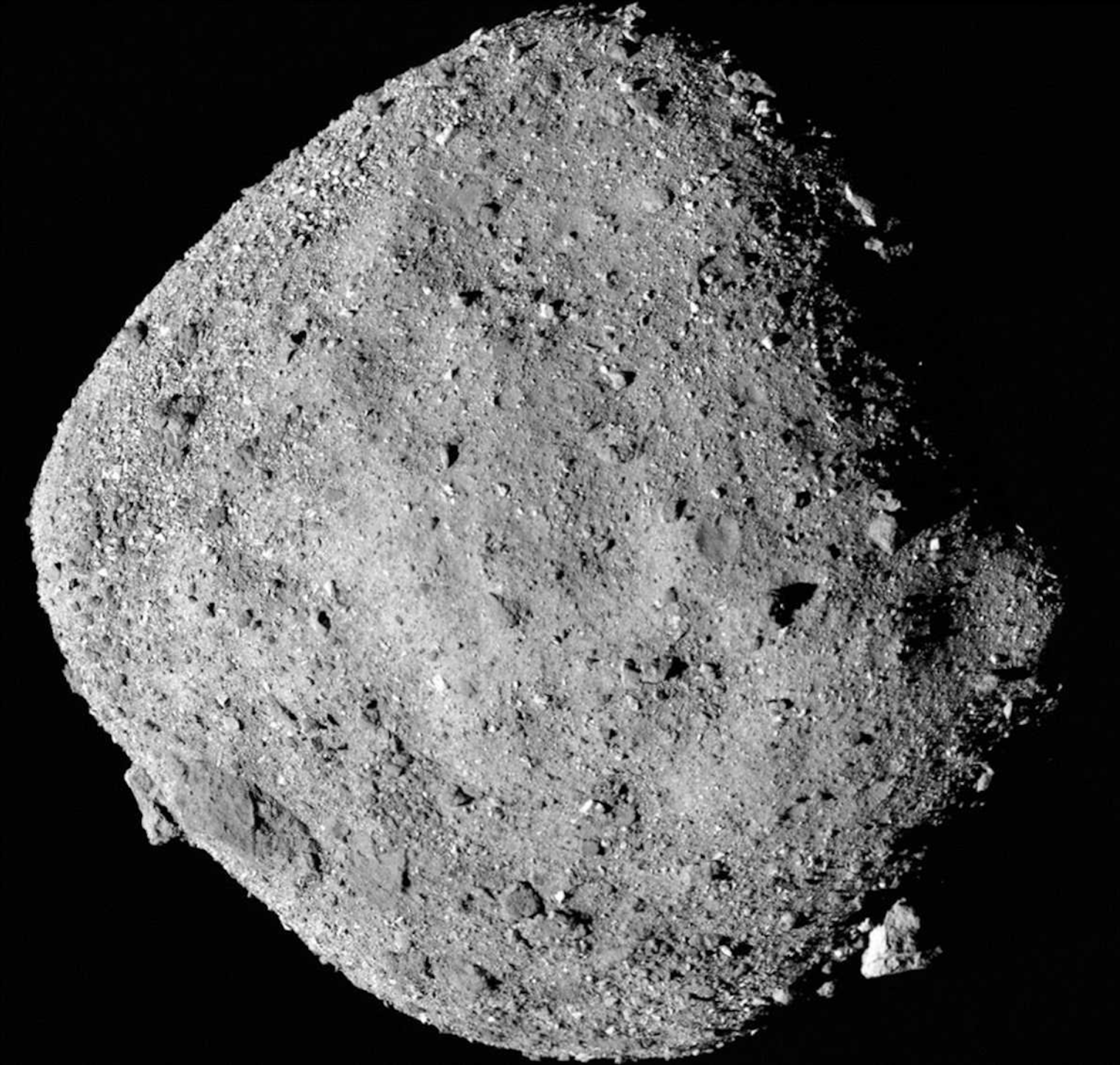
New findings reveal that a NASA mission traveled to an asteroid that may have once been covered in salty lakes containing organic molecules.
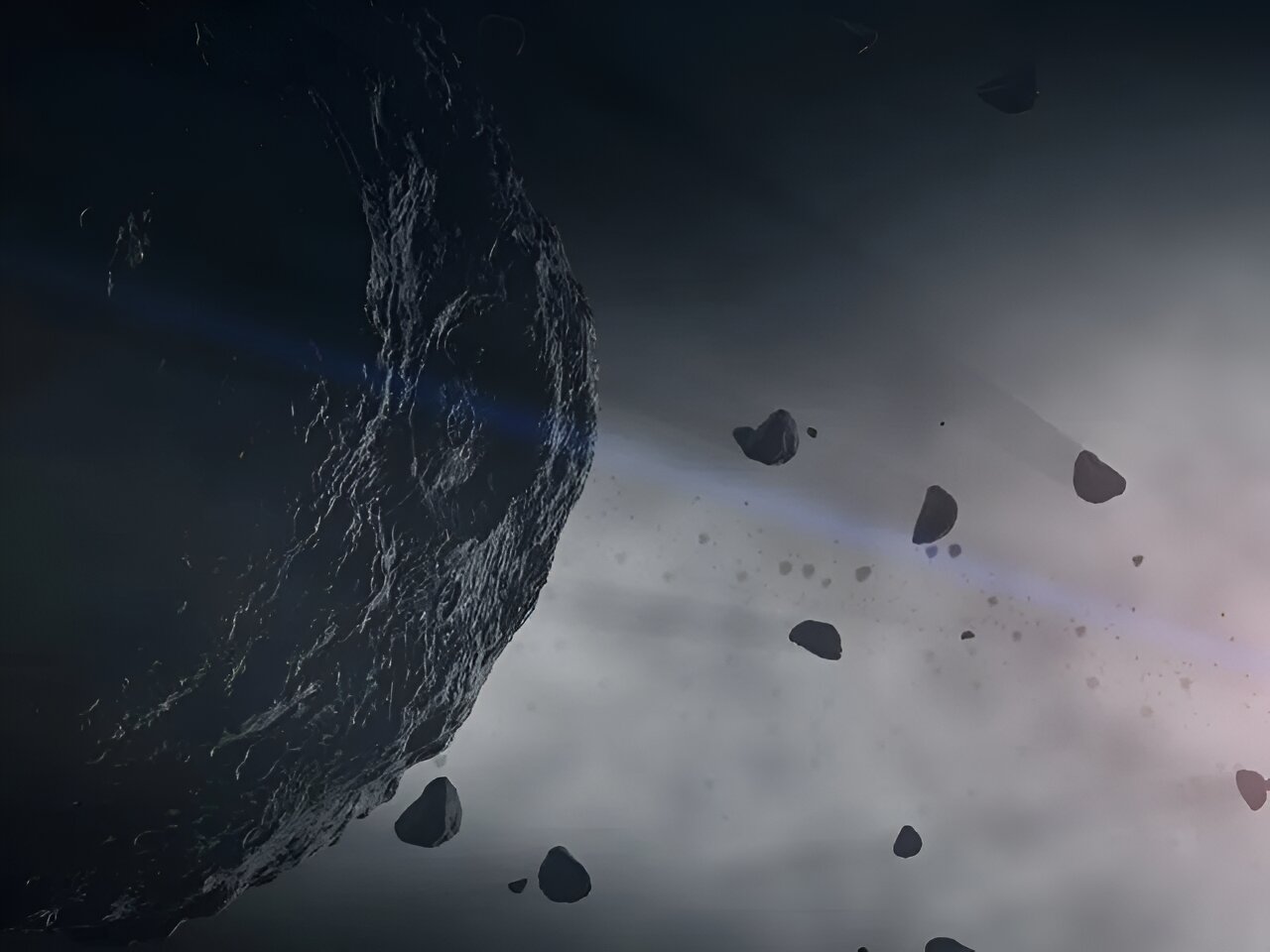
An international research team used the asteroid Bennu's tracking data to study the possible existence of a fifth fundamental force of the universe.

The analysis is key to confirming carbon and nitrogen-rich dusts and organic compounds essential for life. However, the sample also revealed the presence of magnesium-sodium phosphate, which had not been detected before.

NASA scientists are just getting started in their analysis of fragments brought back from the Bennu asteroid, and the early indications are that the material it contains originated from an ancient ocean world.

Initial studies of the 4.5-billion-year-old asteroid Bennu sample collected in space and brought to Earth by NASA show evidence of high-carbon content and water.

NASA's OSIRIS-REx mission has delivered pieces of asteroid Bennu, which scientists hope will offer a window into the early era of the Solar System billions of years ago.

A NASA spacecraft will fly by Earth on Sunday and drop off what is expected to be at least a cupful of rubble it grabbed from the asteroid Bennu, closing out a seven-year quest.

From the rapid development of vaccines for Covid-19 to the stunning collection of an asteroid sample, these were the biggest science moments of the year.

NASA's asteroid sampling aircraft OSIRIS-REx, which touched asteroid Bennu last week, has collected such abundant quantity of asteroid particles that it is jammed open and these particles are leaking slowly in the space.

The OSIRIS-REx mission has revealed interesting things about the asteroid Bennu. This includes the first-ever close-up observations of particle plumes erupting from an asteroid’s surface. There have been 11 “ejection events” since the spacecraft first arrived.
It will map and study the tiny world in great detail, eventually returning a piece of Bennu to Earth in 2023. The discoveries of OSIRIS-REx will shed light on our solar system's ancient history.